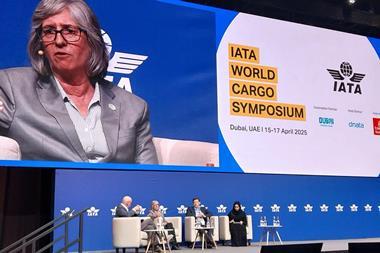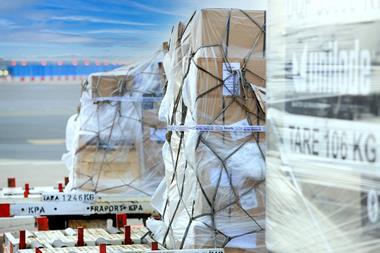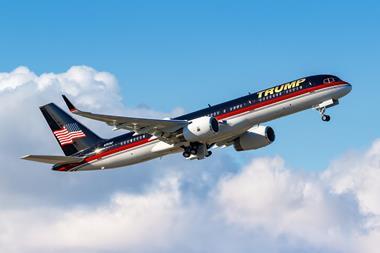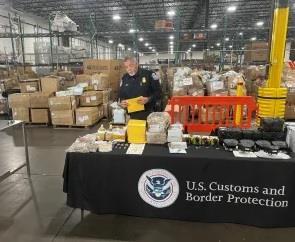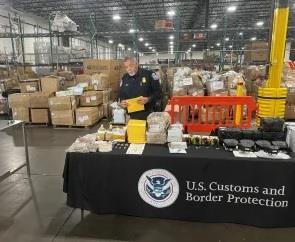The UK’s Freight Trade Association (FTA) moved quickly today (February 19) to issue a statement in response to a declaration from the UK Government on a potential temporary waiver of security and safety declarations on British post-Brexit shipments.
The UK Government and its tax authority, Her Majesty’s Revenue & Customs (HMRC), have confirmed plans to phase in the pre-arrival forms known as Entry Summary Declarations for EU imports, should the UK leave the EU without a deal.
HMRC noted that officials had held a series of meetings with organisations who represent the haulage industry and handle a significant portion of the UK’s cross-border trade (some of it in the form of road feeder services moving to and from airports), to confirm that, from 29 March – the current provisional date of Brexit – the status quo will be temporarily maintained as they will not need to submit Entry Summary Declarations on imports for a period of six months.
Currently, Entry Summary Declarations are not required when importing goods from the EU. They will continue to apply for trade from the rest of the world.
The measure is designed to give British business more time to prepare for changes to EU-UK trade arrangements in the event that the UK leaves without a deal.
This latest move builds on the previously stated intention that Transitional Simplified Procedures (TSPs) can be used for at least 15 months for customs declarations.
The new rules maintaining the status quo for carriers only apply to goods coming from the EU. Importers will still be required to submit import declarations for customs purposes – which are not the same as Entry Summary Declarations.
HMRC announced ways of making these latter import declarations easier, through TSPs, on February 4 this year.
After the six-month transitional period, carriers will be legally responsible for ensuring that Entry Summary Declarations are submitted pre-arrival to HMRC at the time specified by the applicable mode of transport.
FTA response
FTA, which represents large numbers of British logistics companies moving goods by road, rail, sea and air, responded positively.
Said Pauline Bastidon, FTA’s head of global & European policy: “Today’s HMRC announcement on the temporary waiver of security and safety declarations for post-Brexit logistics movements is a great response to FTA’s campaigning over the past two years, and a positive step towards minimising disruptions on trade between the UK and EU and integrated supply chains after Brexit.”
She went on: “However, it is imperative that the UK government maintains pressure on the EU to ensure that a similar waiver is adopted by the EU.
“To ensure that Britain can keep trading efficiently, it is vital that the European Commission and UK agree a longer term, more sustainable arrangement to remain in the same security zone, which would make safety and security declarations for UK-EU trade irrelevant.
“Above all, it is vital that the UK’s supply chain remains as frictionless as possible – British business needs to be confident that goods and materials will continue to transit the nation’s borders as swiftly and efficiently as possible,” Bastidon concluded.
According to the FTA, the importance of air freight to the UK economy is evidenced by the fact that it accounts for some 40% of UK imports and exports by value. High-value, small-volume products rely on air freight.
Pharmaceuticals, technology, small batch manufacturing, and retailing are all sectors the FTA represents, along with air freight operators on bodies such as the Air Freight Working Group and the Global Shippers Forum (GSF).
Pictured: Pauline Bastidon





